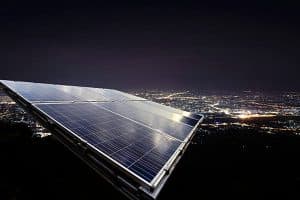A draft determination on electricity costs for 2012/13 from the Queensland Competition Authority has the state’s sugar mills very concerned as they will face an average power price increase of 150%.
Australian Sugar Milling Council CEO, Dominic Nolan, said if the QCA’s draft determination for 2012/13 was adopted, in a worst case scenario, some mills would face more than 600% increase on 2011/12 costs.
“The draft determination fails to consider all of the issues associated with regional employment and development,” says Mr Nolan. “..nor does it take into consideration the deliberate policy decisions of the past 50 years to generate electricity in one corner of Queensland, and transmit it over a million kilometres of network to regional Queenslanders.”
Mr. Nolan says he has heard similar price increases are expected in numerous other regional industries, which could cripple regional communities.
Regardless of any ground that may be given by the Queensland Competition Authority when its final determination is made; the victory may be short-lived. Queensland’s sugar industry will face inevitable further increases – along with the rest of the state and nation; both in domestic and commercial arenas.
However, the sunlight that allows the sugar cane to grow can also be harnessed in its processing. Commercial solar power systems can help companies offset any electricity price increases and current solar incentives for business may help in reducing the up-front cost of installing systems.
Distributed electricity generation, such as solar provides also helps address another very important point Mr. Nolan made regarding electricity production often being performed very long distances away from the point of consumption. Decentralised electricity generation results in the reduction of infrastructure investment required by network operators and lessens line loss associated with electricity transmission; which can account for up to 10% of electricity production.









































